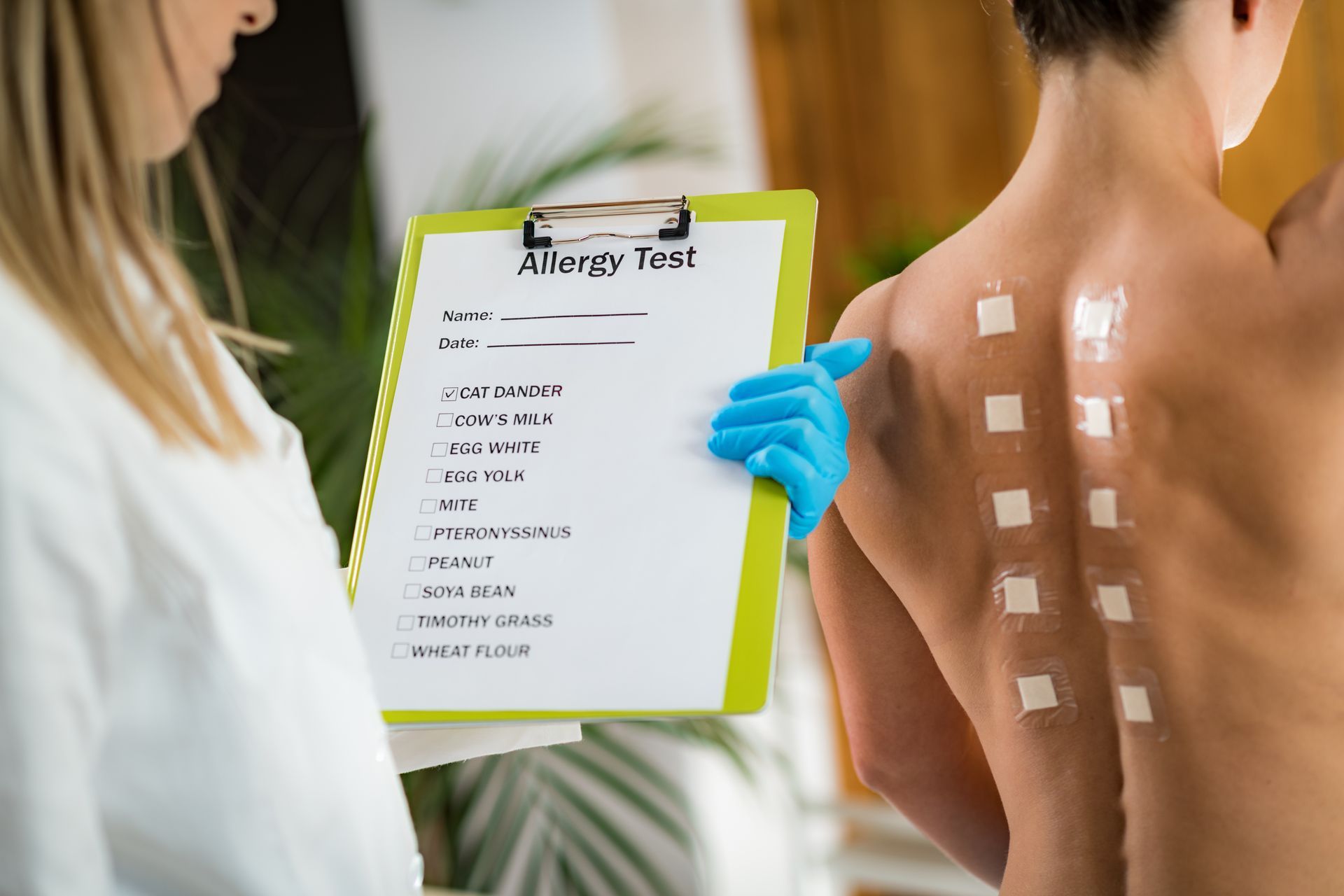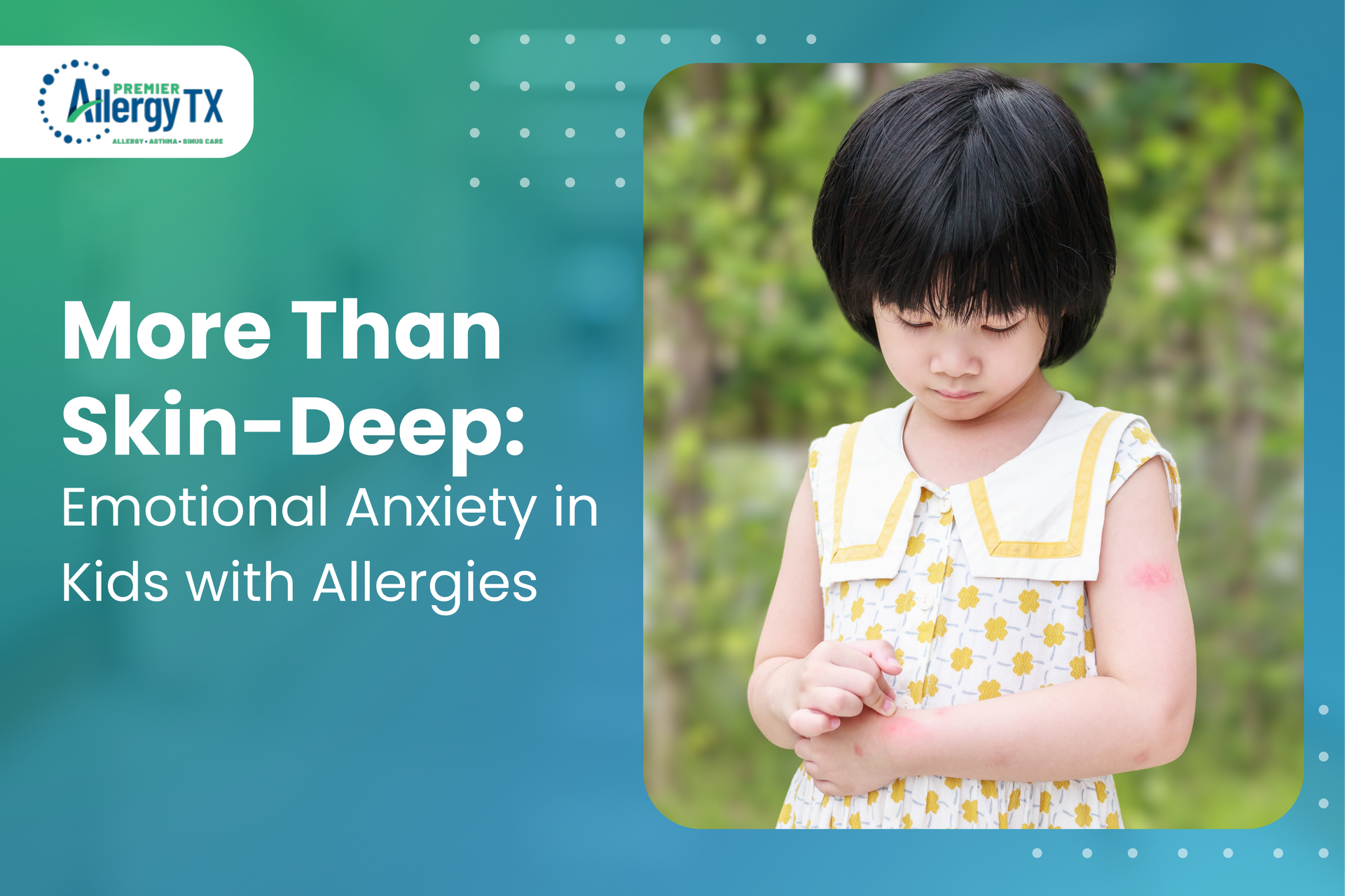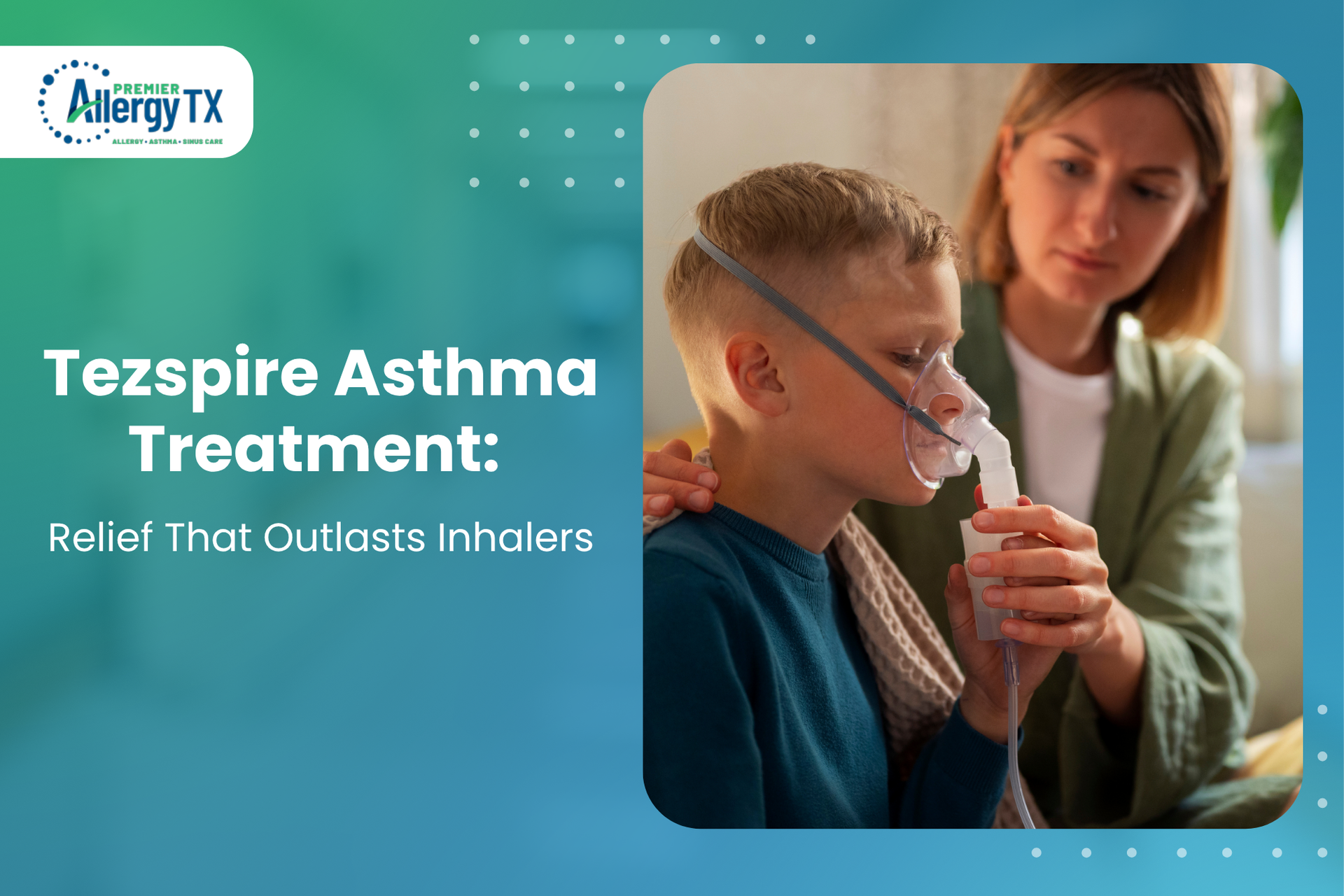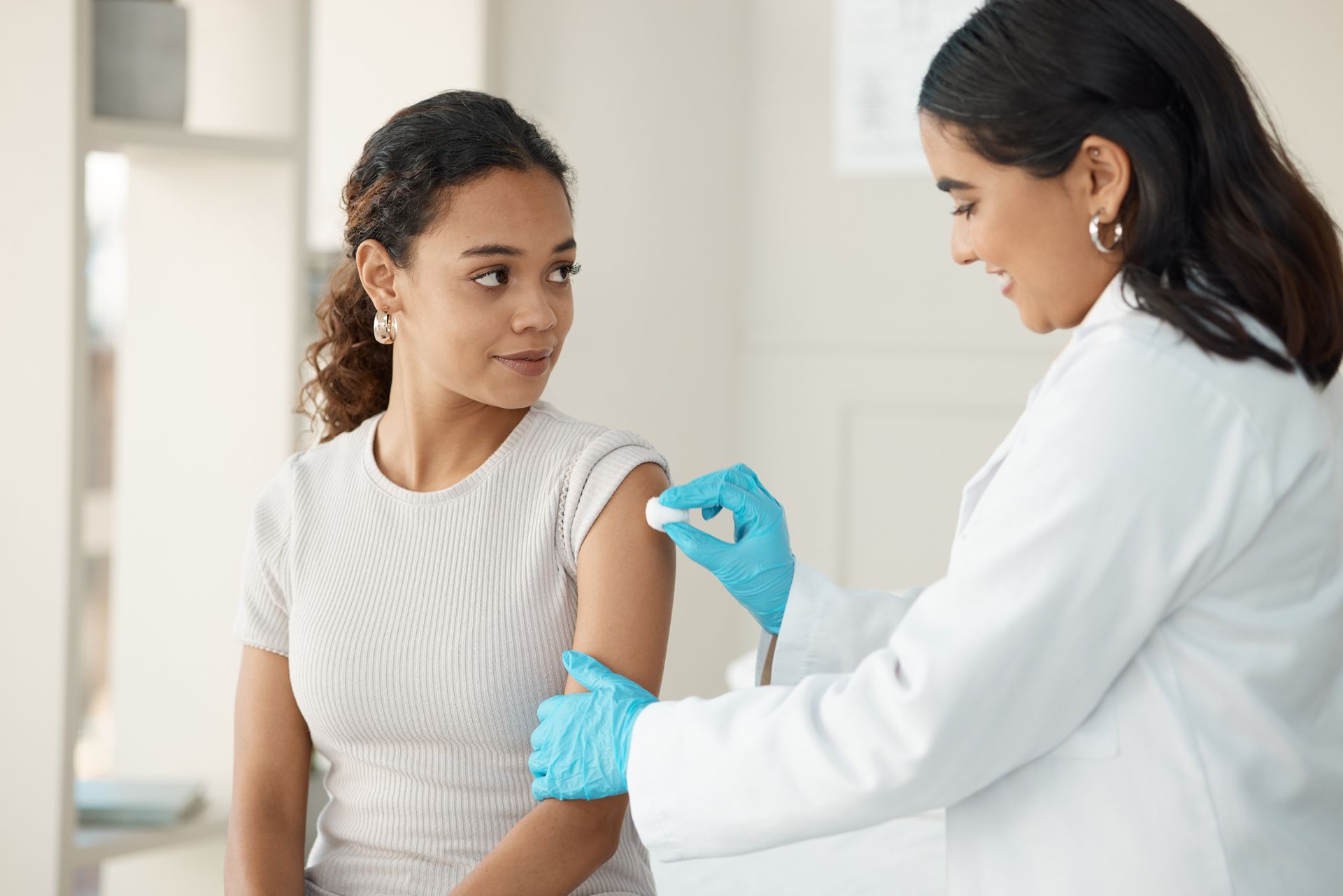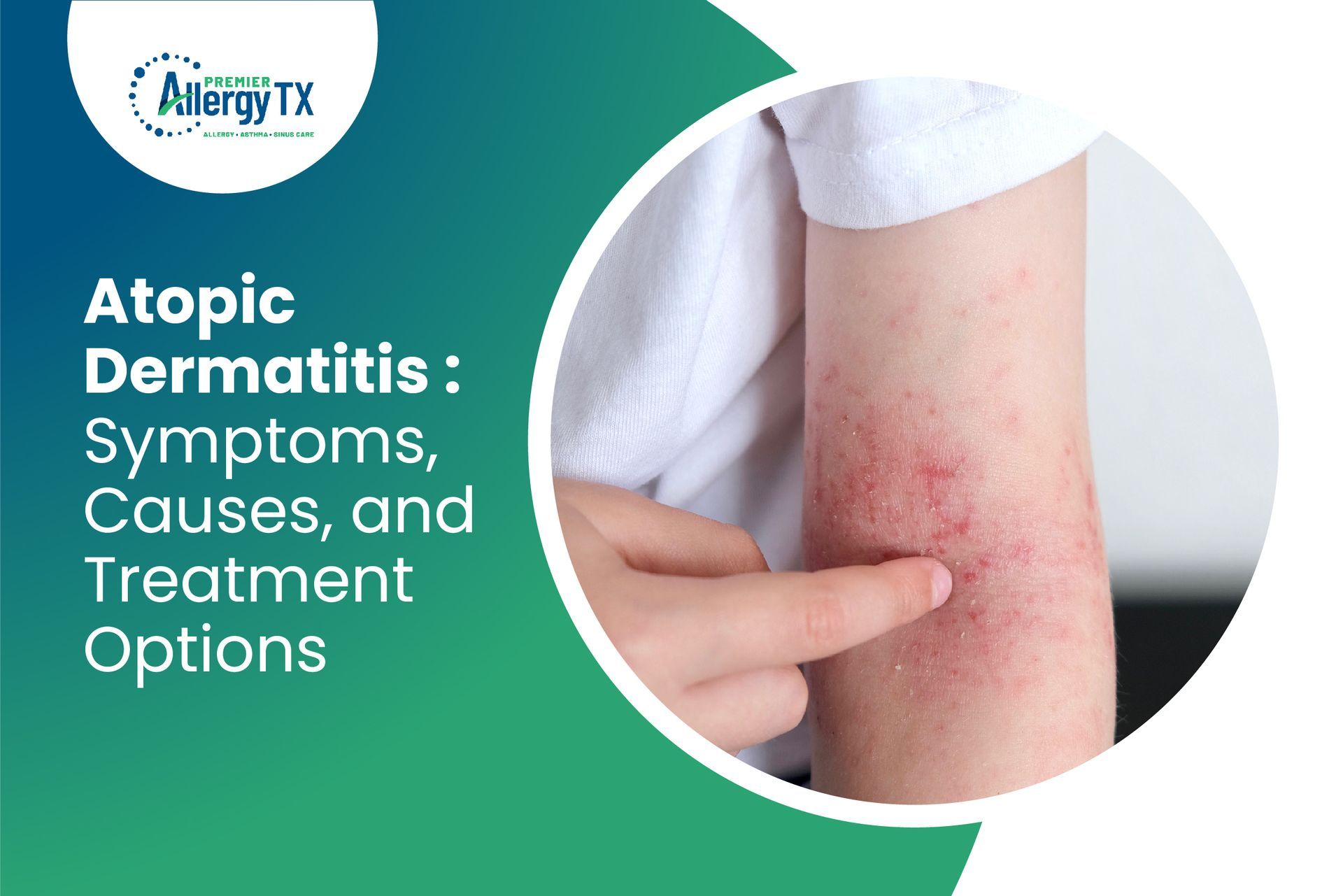You’ve always dreamed of having a loyal animal companion by your side, and you’ve contemplated going to an animal shelter to adopt your first pet. However, one hurdle always stood in the way—your allergies. Many people in Texas face a similar dilemma, struggling to balance their love for pets with their allergies. The good news is that with proper knowledge and guidance from a
San Antonio allergist, you can navigate the challenges of pet ownership in the face of allergies. But first, let’s get to know what we’re up against.
What Are Pet Allergies?
Pet allergies happen when your body's immune system misidentifies and overreacts to proteins in a pet's dander, saliva, or urine. This reaction can lead to symptoms ranging from mild sniffles to more severe ones like asthma attacks and anaphylaxis.
With cats and dogs being the most common household pets globally, it's no surprise that pet allergies are widespread. Many people worldwide experience allergies due to exposure to a cat’s or dog’s dander, saliva, or urine.
Recognizing Pet Allergy Symptoms
Pet allergies can manifest in various ways, often mimicking symptoms of other respiratory conditions. Here are some common signs to watch out for:
If you sneeze repeatedly when incredibly close to pets, this could be a sign of pet allergies. These sneezing fits may occur suddenly and persistently.
A runny or congested nose is another hallmark symptom of pet allergies. You might notice clear nasal discharge or feel like your nasal passages are blocked, making breathing difficult.
Pet dander, saliva, or urine can irritate the eyes, leading to itching, redness, and excess tears. This discomfort may worsen when pet allergens come into contact with your eyes.
Pet allergies can sometimes trigger coughing or wheezing, especially in individuals with underlying respiratory conditions such as asthma. These symptoms may worsen after exposure to pets or in environments with pet allergens.
Allergic reactions to pets can also affect the skin, causing redness, itching, or raised welts (hives). These symptoms may develop upon direct contact with pet allergens or airborne exposure.
If you consistently experience any of these symptoms around pets, seek guidance from a
San Antonio allergist for an accurate diagnosis and personalized treatment options. By addressing pet allergies proactively, you can better manage your symptoms, allowing you to enjoy the presence of an animal companion.
Pet Allergy Diagnosis
Your allergist may order
a
pet allergy test
for you to know the specific allergen triggering the attacks. These tests provide valuable insights into allergic triggers, allowing for a tailored treatment plan.
How Are Pet Allergy Tests Conducted?
1. Skin Prick Test
During a skin prick test, the allergist exposes your skin to small amounts of suspected allergens. A tiny lancet pricks or scratches the skin's surface, allowing the allergen to enter. If you are allergic to the substance, you’ll experience a localized reaction, such as redness, swelling, or itching, within 15–20 minutes.
2. Blood Test
Alternatively, your doctor may order a blood test, specifically an
allergen-specific IgE test
or RAST (radioallergosorbent) test. The test measures specific antibodies (immunoglobulin E) in your blood in response to pet allergens. A blood sample is taken from your arm and sent to a lab for testing. It usually takes a few days to a week to receive the results.
After receiving your pet allergy test results, your San Antonio allergist will analyze them to pinpoint the particular allergens causing your symptoms. This step is essential for creating a personalized treatment strategy that addresses your unique needs.
Managing Pet Allergies and Exploring Treatment Options
Whether it’s because of adorable and funny cat videos on YouTube or reels of poor rescue puppies on Instagram, you’ve probably felt the urge to adopt a four-legged friend at least once. But for many allergy sufferers like yourself, this appreciation for household pets has always been limited to the screen.
Effective treatment options are available to help you manage pet allergies and enjoy the companionship of pets without constant discomfort. Here are some tested and proven pet allergy treatment options:
Medications can quickly relieve pet allergy symptoms, allowing you to coexist peacefully with your future pets. Some commonly used medications include:
These medications hinder the effects of histamine, which your immune system produces during an allergic reaction. Over-the-counter or prescription antihistamines can help alleviate sneezing, itching, and other allergy symptoms.
If you experience nasal congestion and other allergy symptoms, decongestants can help shrink swollen nasal passages and relieve congestion, making breathing easier.
These
nasal sprays alleviate inflammation in the nasal passages, effectively easing congestion, sneezing, and itching.
- Allergy Shots (Immunotherapy)
For long-term relief from pet allergies, allergy shots (also known as immunotherapy) offer promising outcomes. This treatment involves a series of injections containing small amounts of pet allergens. Over time, your immune system becomes desensitized to these allergens, significantly reducing the severity of allergic reactions and symptoms.
Immunotherapy is typically administered over several months to years, with the frequency of injections gradually decreasing as your tolerance to pet allergens increases. While it requires commitment and patience, many individuals experience significant improvement in their allergy symptoms and quality of life with allergy shots.
Read More:
Allergy Shots (Immunotherapy)
With these treatment options, you can break the barrier between you and pet ownership. Visit our
allergy treatment center in San Antonio to explore which approach best suits your particular needs.
Embracing Pet Ownership Despite Allergies
While pet allergies pose challenges, there is a way to overcome them and experience the joy of pet ownership. By understanding your allergies, seeking proper diagnosis and treatment, and implementing practical strategies to minimize exposure, you can enjoy the companionship of pets while keeping your symptoms under control.
Ready to take the next step in managing your pet allergies? Schedule a consultation with an
immunologist in San Antonio by calling (210) 764-6567 or clicking the “Schedule an Appointment” button. Begin your journey toward a happier, healthier relationship with your furry, four-legged friends!




